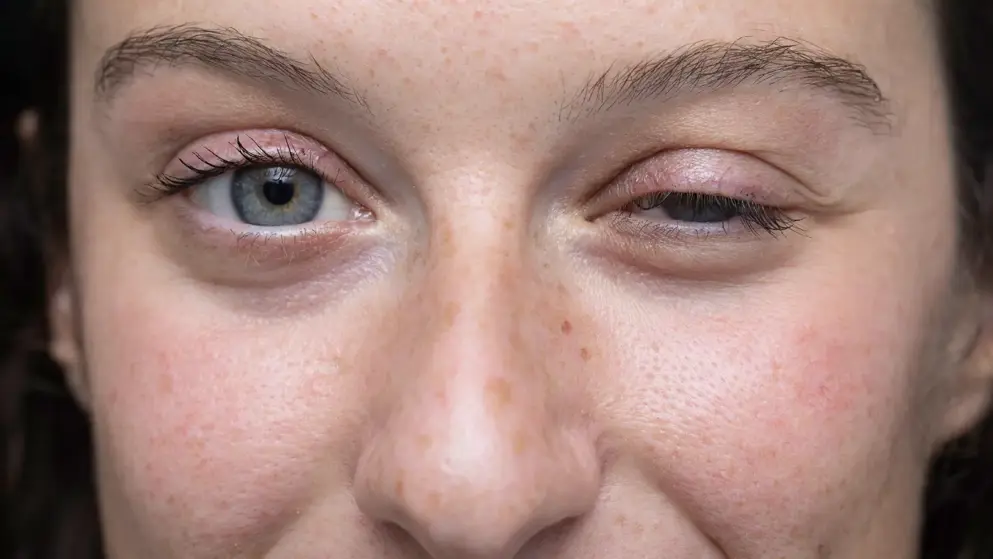
European Commission approval of Rystiggo (rozanolixizumab) for the treatment of adults with generalized myasthenia gravis in Europe
UCB announced that the European Commission (EC) has granted a marketing authorization for Rystiggo (rozanolixizumab) on 5th January 2024 as an add-on to standard therapy for the treatment of generalized myasthenia gravis (gMG) in adult patients who are anti-acetylcholine receptor (AChR) or anti-muscle-specific tyrosine kinase (MuSK) antibody positive
Rozanolixizumab 140 mg/ml solution for injection is a humanized IgG4 monoclonal antibody that binds to the neonatal Fc receptor (FcRn) resulting in the reduction of circulating IgG. It is the first therapy approved in Europe for adults with anti-AChR or anti-MuSK antibody-positive gMG, the two most common subtypes of gMG.
In December 2023, the EC also granted a marketing authorization for UCB’s Zilbrysq (zilucoplan) as an add-on to standard therapy for the treatment of gMG in adult patients who are anti-AChR antibody-positive. Zilucoplan is a once-daily subcutaneously (SC) injected, self-administered peptide inhibitor of complement component 5 (C5 inhibitor).
In progressing a portfolio of medicines for the treatment of gMG, with the aim of providing HCPs the option of addressing either complement activation or pathogenic antibodies for appropriate patients, UCB hopes to offer a comprehensive portfolio of targeted therapeutics, embodying a commitment to addressing the gMG community’s unmet needs.
“With the European Commission approval of rozanolixizumab, alongside their recent approval of zilucoplan, I’m very excited that our gMG portfolio is now approved for use by healthcare professionals across Europe. This represents another important milestone in our ambition to deliver new and additional patient value to the gMG community and continues our launch trajectory”, explained Jean-Christophe Tellier, CEO, UCB. “We believe there is still a significant unmet need within the gMG community which can be addressed by bringing differentiated, generally well-tolerated, and effective treatment options to patients that address key aspects of gMG pathophysiology. We extend our gratitude to the patients, care partners, and investigators who participated in our clinical studies and who have shared their insights with us. I would also like to thank our employees and collaborators whose dedication, energy and passion have contributed to this significant achievement.”
EC approval of rozanolixizumab is supported by safety and efficacy data from the pivotal Phase III MycarinG study (NCT03971422), published in The Lancet Neurology in May 2023 (previously cited). The primary efficacy endpoint was the comparison of the change from baseline between treatment groups (approximately rozanolixizumab 7mg/kg and rozanolixizumab 10mg/kg) versus placebo in the MG-ADL score at Day 43.
MG-ADL is a measurement tool that assesses the impact of gMG on daily functions of 8 items that are typically affected in gMG. These include activities such as breathing, talking, swallowing, and being able to rise from a chair. Each item is assessed on a 4-point scale where a score of 0 represents normal function and a score of 3 represents loss of ability to perform that function. A total score ranges from 0 to 24, with the higher scores indicating more impairment. Reductions in MG-ADL score from baseline to Day 43 were greater in the approximately 7 mg/kg group (least-squares mean change –3.37 [SE 0.49]) and in the approximately 10 mg/kg group (–3.40 [0.49]) than with placebo (–0.78 [0.49]; for 7 mg/kg, least-squares mean difference -2.59 [95% CI -4.09 to -1.25], p<0.001; for 10 mg kg, -2.62 [-3.99 to -1.16], p><0.001).
Secondary efficacy endpoints included change from baseline to Day 43 in the Myasthenia Gravis Composite (MG-C) and the Quantitative Myasthenia Gravis (QMC) scores..
The MG-C is a 10-item instrument that measures the symptoms and signs of MG based on physician examination and patient history. Items are related to ptosis, double vision, eye closure, talking, chewing, swallowing, breathing, neck flexion, shoulder abduction, and hip flexion. Each item is scored on an ordinal scale with four possible categories and weighted. The total score ranges from 0 to 50, with higher scores indicating more severe impairments. The MG-C is composed of items originating from other scales (i.e., QMG, MMT, MG-ADL). A statistically significant difference favoring rozanolixizumab compared to placebo was observed in the MG-C score change from baseline to Day 43 [least squares mean difference] -3.90 (95% CI (-6.63 to -1.25), p<0.001 for rozanolixizumab approximately 7mg kg; least-squares mean difference ?5.53 (95% ci -8.30 to -2.97), p><0.001 for rozanolixizumab approximately 10mg kg.
The QMG is a 13-item categorical grading system that assesses muscle weakness. Each item is assessed on a 4-point scale where a score of 0 represents no weakness and a score of 3 represents severe weakness. A total possible score ranges from 0 to 39, where higher scores indicate more severe impairment. A statistically significant difference favoring rozanolixizumab compared to placebo was observed in the QMG total score change from baseline to Day 43 [least squares mean difference -3.48 (95% CI (-5.61 to -1.58), p<0.001 for rozanolixizumab approximately 7mg kg; least-squares mean difference -4.76 (95% ci -6.82 to -2.86), p><0.001 for rozanolixizumab approximately 10mg kg.
As included within the rozanolixizumab EU Summary of Product Characteristics, the most commonly reported adverse reactions were headache (48.4 %), diarrhoea (25.0 %) and pyrexia (12.5 %).

